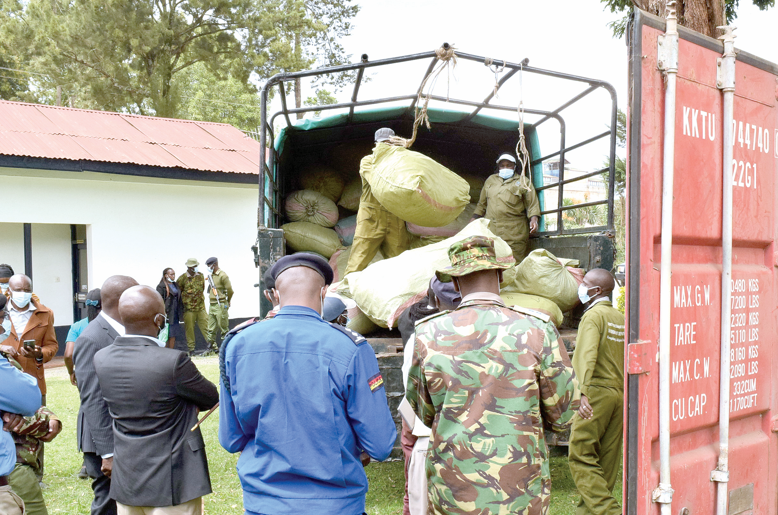Booze outlets: Licensing agencies under scrutiny

The 2010 Alcoholic Drinks Control Act, commonly known as the ‘Mututho law’, clearly stipulates where alcohol outlets can operate. But 15 years after its adoption, these facilities continue multiplying, with many operating close to learning institutions.
Health stakeholders and anti-drug campaigners criticise licensing authorities for prioritising revenue over children’s welfare.
A survey of Nairobi’s residential areas reveals that nearly every apartment building houses a wine and spirits shop on the ground floor, highlighting weak enforcement of existing regulations.
Inadequate enforcement
Article 12(1)(c) of the Act mandates that alcohol outlets be located at least 300 metres from nurseries, primary schools, secondary schools, or other learning institutions serving minors. Despite this clear legal requirement, enforcement remains inadequate.
The Non-Communicable Diseases Alliance-Kenya has called for urgent government intervention to regulate the mushrooming alcohol outlets nationwide.
“We know that there is a proliferation of outlets in major towns and urban centres and now even rural areas, and this should really be addressed in order to mitigate all the harms that we can observe and study across the different populations,” said Benjamin Odhiambo, a programme officer with Students Campaign against Drugs, during a media workshop on alcohol control strategies.
Proposed solutions
Odhiambo advocates for a comprehensive licensing framework review, emphasizing tax compliance as a prerequisite for licensing. “Nobody who is not tax compliant should be issued a licence and this would ensure that only legitimate businesses begin and continue operations,” he stated, adding that community engagement is crucial since residents understand alcohol’s local impact best.
He observed that areas without alcohol outlets demonstrate more health-promoting behaviours, suggesting a direct correlation between outlet density and community wellbeing.
The impact
Harrison Andeko, programme officer with Non-Communicable Diseases Alliance-Kenya, noted that the proximity of alcohol outlets to schools is both illegal and detrimental to student concentration.
Andeko said he had documented evidence of early alcohol initiation among minors in such areas, attributing the problem to licensing authorities prioritising economic returns over children’s welfare.
“When counties are carrying out licensing exercises they should be guided by health imperatives and consider the rights of children first, and foremost they should not be guided by revenue targets,” Andeko argued, warning that the same counties will later bear the burden of alcohol-related accidents, violence, school dropouts, and alcohol use disorders.
Alarming statistics
The gravity of the situation is underscored by NACADA’s May 2023 report on alcohol and drug abuse, which revealed that the average age for alcohol initiation in Kenya is seven. Simon Mwangi, spokesperson for NACADA, emphasised the urgency: “This just shows how grave the matter is if not addressed urgently and this early.”
Mwangi explains that alcohol consumption by minors poses serious health risks and impairs judgment, leading to risky behaviours and compromised decision-making.
“Placing bars near schools increases the chances of students being exposed to alcohol-related activities, whether through peer pressure, curiosity, or easy access,” he noted, arguing that such exposure undermines educators’ and parents’ efforts to promote responsible behaviour while jeopardising student safety and wellbeing.













